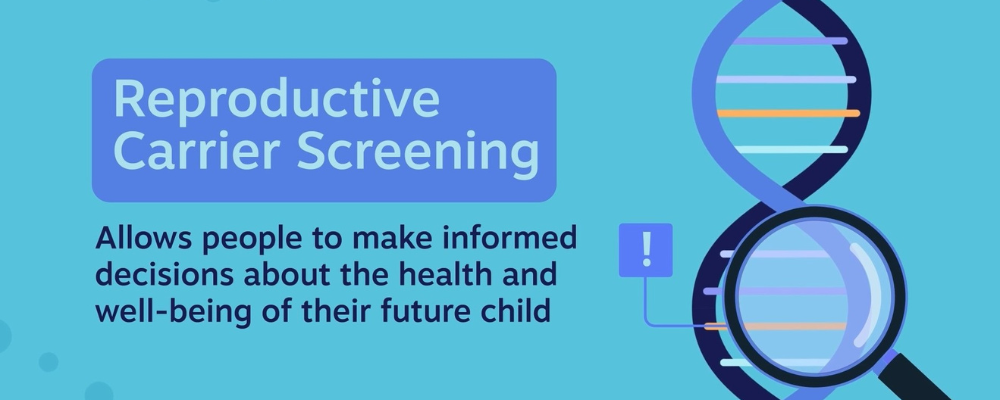Late last year, the Australian Government added reproductive genetic carrier screening for cystic fibrosis, spinal muscular atrophy and fragile X syndrome to the Medical Benefits Schedule. The screening is designed to allow people to make an informed decision about how to plan a pregnancy, or options if they are already pregnant.
- 1 in 20 people are unaffected carriers of either cystic fibrosis, spinal muscular atrophy or fragile X syndrome.
- 1 in 240 reproductive couples are at high risk of having a child affected by one of these three conditions because either
- both members of the couple are carriers (cystic fibrosis, spinal muscular atrophy, following autosomal recessive inheritance) or
- the female member of the couple is a carrier of fragile X syndrome (X‑linked inheritance).
Both the Royal Australian and New Zealand College of Obstetricians and Gynaecologists (RANZCOG) and the Royal Australian College of General Practitioners (RACGP) recommend that information on reproductive carrier screening for genetic conditions should be offered to all women planning a pregnancy or in the first trimester of pregnancy. Options for carrier screening include screening for the most common conditions (cystic fibrosis, spinal muscular atrophy and fragile X syndrome) or screening with an expanded panel that contains many disorders (several hundred, depending on the screen used, not Medicare funded).
Through the Clinical Genomics SCN, we have developed an informational video for health professionals to provide to consumers explaining what reproductive carrier screening is, the possible benefits and implications of the screening and options for reproductive couples at high risk of having a baby with a genetic disorder.
The video is freely available for use and can be accessed here.
